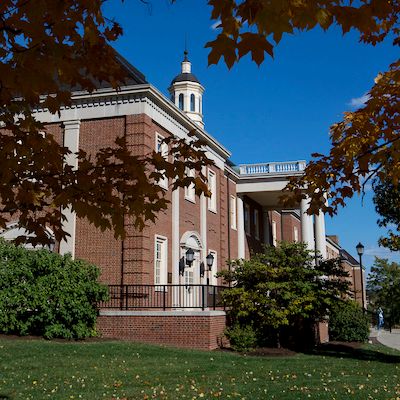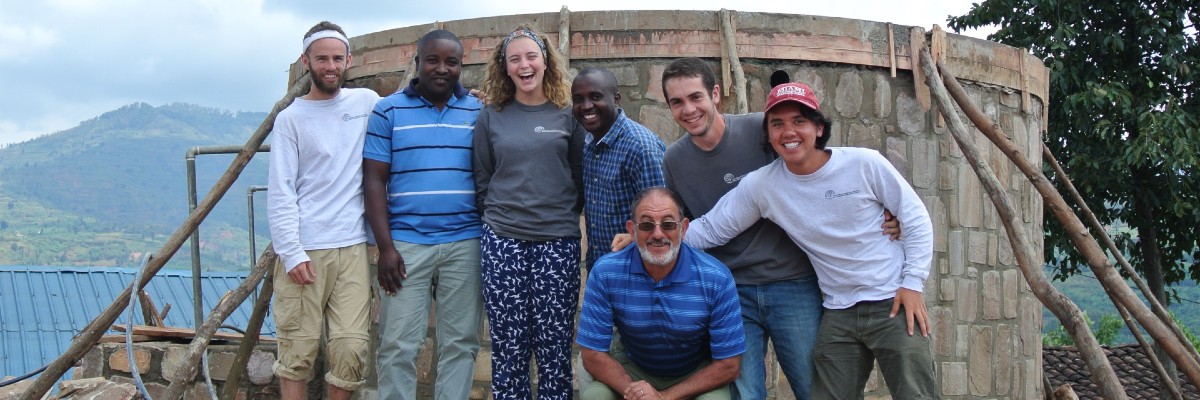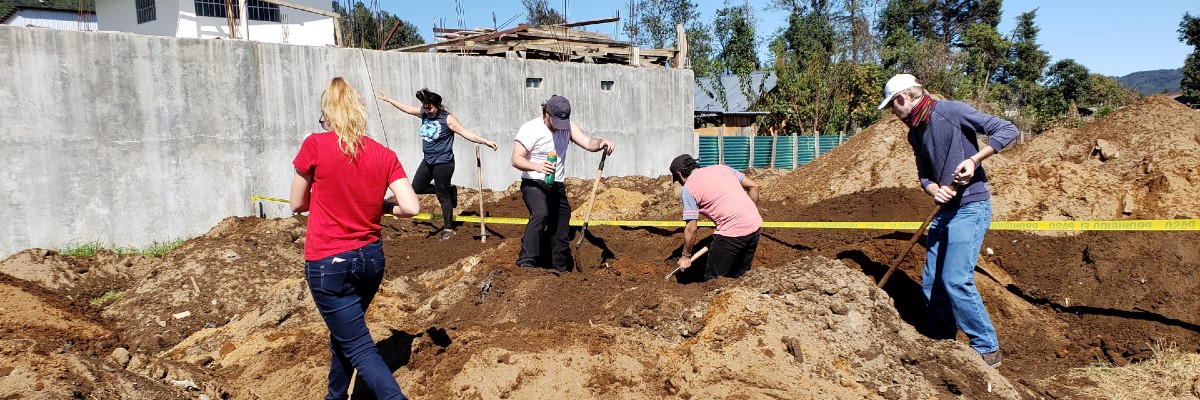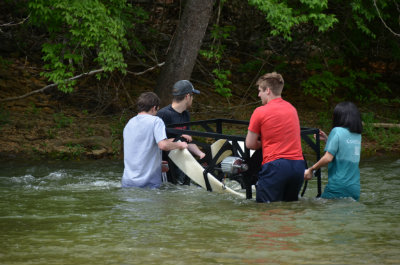

Humanitarian Minor
The Humanitarian Engineering and Computing minor is designed to graduate engineering and computing majors who are globally-aware, culturally-sensitive, and socially conscious, and who would use their knowledge to design solutions that enhance the lives of and opportunities for people on a local, national, or international level. Students will select coursework supporting their interests from four broad categories, engage in a service/humanitarian focused activity or research, and complete a humanitarian-focused capstone project in CPB, CSE, ECE or MME.
Student Outcomes
At the completion of this minor, students should be able to:
- Design solutions to engineering problems by applying principles of engineering, science, and mathematics in socially conscious ways that enhance the lives and capabilities of others.
- Demonstrate social, and professional responsibility in engineering situations and make informed judgments that consider the impact of engineering solutions in global, economic, environmental, and societal contexts.
- Perform effectively and cooperatively on teams (in the broadest sense with a variety of stakeholders) that establish goals, plan tasks, meet deadlines, and produce results that are mutually acceptable.

How will a minor in Humanitarian Engineering and Computing help when it comes to getting a job?
Companies will be interested in hiring you, a Miami University graduate with the Humanitarian Engineering and Computing minor, because you bring the breadth of an engineering or computing degree, complemented by a minor that attests you are globally-aware, culturally-sensitive, and socially conscious. Your experiences show that you are capable of using your knowledge to design solutions based on the specific needs and environment of the community the company serves. By enhancing your technical major with the Humanitarian Engineering and Computing minor you will clearly demonstrate to prospective employers your ability to bring a socially engaged, holistic approach to problem solving and designing under extreme constraints.
See what business and industry leaders say:
“Miami University’s Humanitarian Engineering and Computing minor is an important program for students that will be entering the workforce in a time of unprecedented change in technology, society, and the economy. The program provides an understanding of global issues in the world today, and how engineers play an essential role in solving problems and shaping the future. At Accenture, we are committed to a workforce with these capabilities as we work with our clients on solutions that improve the way the world works and lives."
Paul Daugherty, Accenture's Chief Technology and Innovation Officer
“If you want to grow, find a good opportunity. Today, if you want to be a great company, think about what social problem you could solve."
Jack Ma, Founder and Executive Chairman of Alibaba Group
Resources
If you are interested in working for government, public health agencies, policy, NGOs, Peace Corps - check out the following links:
The College of Engineering and Computing

